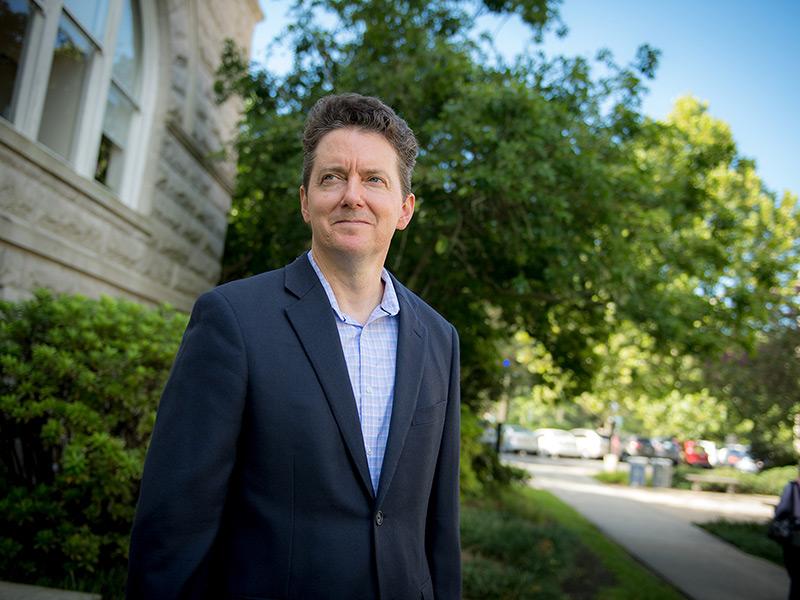Tulane economist receives grants to study charter schools at the national level
The latest research on school choice suggests that the availability of charter schools alongside other options is producing impacts across entire school systems. However, what works in New Orleans may not work in Arizona. How can we better understand variations across contexts in order to design more effective policies at the system-level?
The National Center for Research on Education Access and Choice (REACH) at Tulane University received a total of $975,964 in funding from both the Walton Family Foundation ($485,914) and City Fund ($490,050) to jointly support a three-year research project on the system-level effects of charter schools at the national level. The goal is to learn how charter schools improve student outcomes and better understand the role of policy in fueling these changes.
According to REACH Director and Tulane School of Liberal Arts Professor of Economics Douglas Harris, “This funding will help us improve the functioning of the charter sector by better understanding the roles played by factors such as access to quality teachers and the design of charter policies, including charter school funding. We will also learn about the various mechanisms throughout which charter schools affect students, including indirect effects on traditional public schools. Finally, places like New Orleans have gone 100% charter, but we see some evidence of ‘diminishing returns’ to charter market share.” He added, “We are thankful to both The Walton Family Foundation and City Fund for their generous support of our work.”
Launched in 2018 with funding from the U.S. Department of Education, REACH is one of the premier research centers in the country focused on school choice policies and charter schools. The center specializes in applied econometric work on the causal effects of a variety of public policies to better understand and improve the way that school choice policies serve disadvantaged students.
REACH’s project will build directly upon the center’s prior work, expertise, and data collection on charter schools. Creating measures of system-level success will provide a basis for understanding the effects of system-level policies. Over the course of the grant funding period, the center will translate its findings into reports to be shared with the public.
“Doug Harris has been teaching us about the effects and impact of charter schools — and more broadly about the school choice movement — for some time,” said School of Liberal Arts Dean Brian T. Edwards. “New Orleans’ unique situation as a charter-only system provides a fascinating test case for both the possibilities and the limitations of this approach to public education. Harris and his team have examined and compared schools in cities across the country, and their work has influenced policy discussions nationally. This grant ensures that Tulane will continue to be the leading center for this research for years to come.”
The Walton Family Foundation works in three areas: improving education, protecting rivers and oceans and the communities they support, and investing in its home region of Northwest Arkansas and the Arkansas-Mississippi Delta. The City Fund partners with local leaders across 17 cities to support innovative public school systems that meet the unique needs of kids and families.

